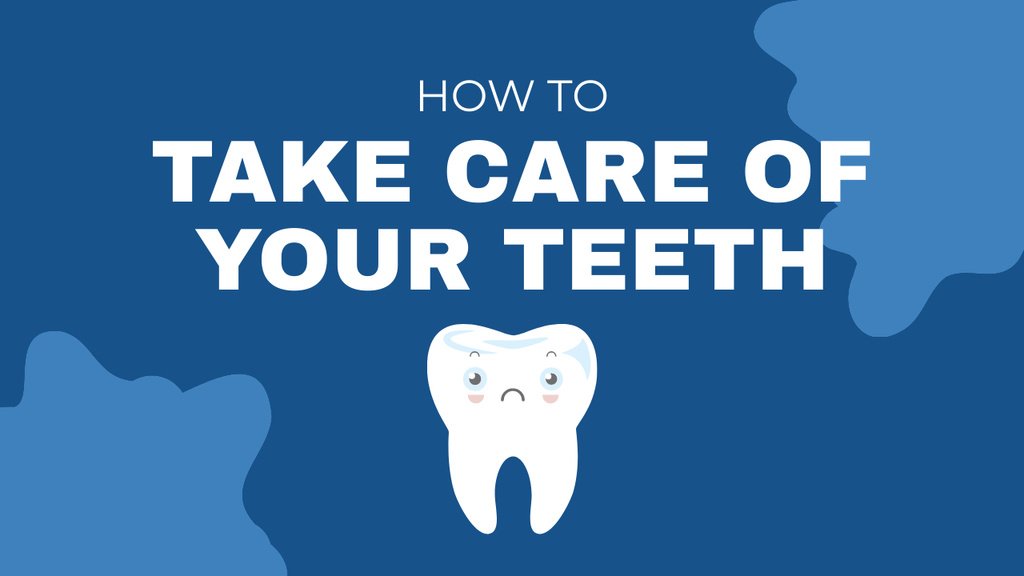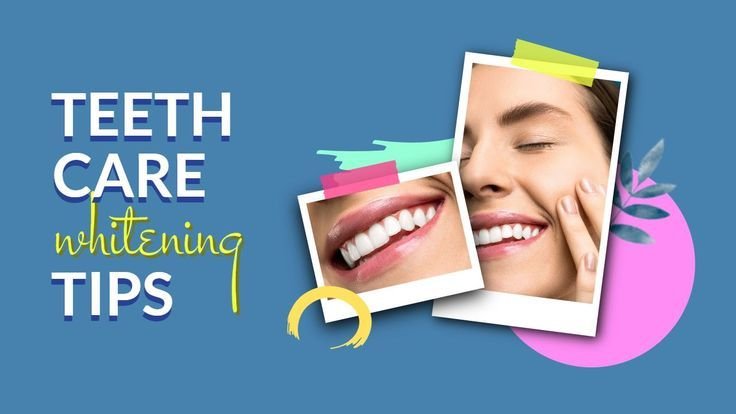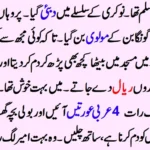Brushing after each meal is preferable to brushing at least twice a day. Either manually or electrically Choose a toothbrush that makes it simple for you to clean every surface. Additionally, dentists advise changing toothbrushes every three to four months.
When choosing a toothbrush, make sure it fits your mouth well. Cleaning your teeth is easier when your toothbrush fits well. Some people discover that using an electric toothbrush makes it simpler to brush their teeth for the two minutes that the dentist recommends. This article is about Dental Health
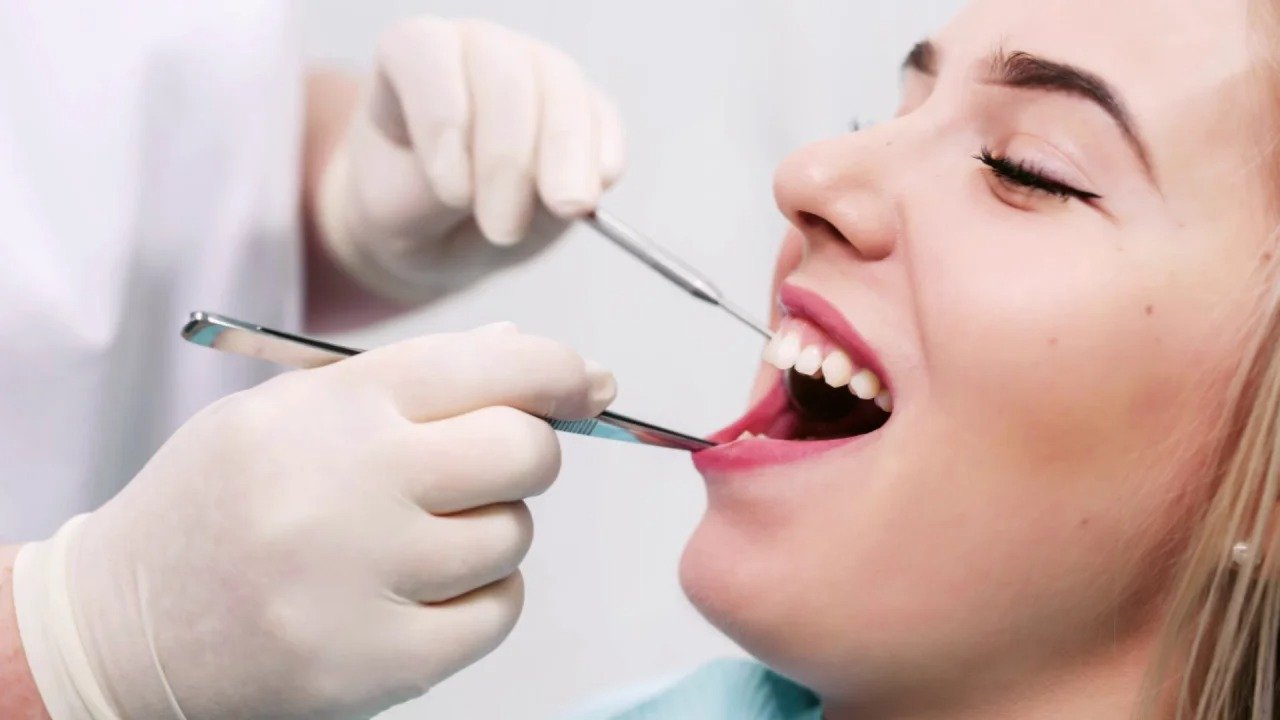
Cleaning:
removing the toothpaste. Select toothpaste that can prevent cavities and safeguard your teeth from sensitivity. poor breath, gingivitis streaks, and tartar plaque the right way to brush Hold your toothbrush at about a 45-degree angle to the teeth you are brushing. Brush all the way behind the last tooth on each side. Use tiny, tooth-sized strokes rather than broad, sweeping motions to clean each tooth’s surface.
Ensure that you clean the entire chewing surface, including the front, back, and top. Flossing is just as vital as brushing your teeth.
By eliminating food particles that become lodged between teeth, flossing helps to maintain the health of teeth and minimises the daily accumulation of bacteria and plaque on teeth. If you have difficulty getting floss between your teeth, try wax floss or broad
Floss:
When cleaning teeth, take up to 18 inches of floss so you have a clean piece to use on each tooth. Next, curve the floss into a c shape and slide it up and down along the side of each tooth, making sure to floss all the way around the front and back of the upper and lower teeth, as well as the left and right.
Rinsing mouthwash adds further bacteria-killing and plaque-preventing benefits to your teeth cleaning regimen, leaving your mouth clean and germ-free.
Mouthwash is available in both alcoholic and non-alcoholic varieties; you can select the one that best suits your tastes. However, remember to scrape your tongue after using a toothbrush. This is just as important for keeping your teeth healthy as it is for preventing oral diseases. After brushing your teeth, softly brush your tongue and sip additional water.
We all know that the greatest beverage for general health is water, and the same goes for dental health: after eating, rinse your mouth well with a drink of water to help remove any sticky or acidic residue.
Steer clear of sugar-filled foods and beverages.
Plaque is created when sugar molecules combine with saliva and bacteria that may be in your mouth. This leads to the breakdown of tooth enamel, which can result in cavities. To prevent cavities, make sure you avoid sugar-filled foods and drinks and brush your teeth twice a day.
Brushing your teeth:
Twice a day has several benefits, including preventing bad breath, eliminating harmful germs and plaque, removing stains, and much more. For healthy and clean teeth, stick to the pattern of brushing your tongue, flossing your teeth, and using mouthwash.
go to the dentist twice a year
Your daily routines play a critical role in your overall dental health. At the very least, you should see your dentist for cleanings and exams twice a year.
A dentist can remove calculus, check for cavities, and identify other problems in addition to providing treatment recommendations.Everybody puts great effort to maintaining their hair, makeup, and attire for big occasions, but your teeth, smile, and dental care are overlooked and treated like junk teeth. Hello, I’m Dr. Narita Giovanni, the creator of this list, and I’m here to share some crucial advice that everyone should heed in order to maintain good oral hygiene and keep that smile shining. First things first, schedule a dental examination every six months, which equates to twice a year. Next, schedule a cleaning every six to eight months, which helps remove bad breath, black stains, and teeth discoloration.
Steps:
should be involved in hygiene.
Utilizing mouthwash, flossing, brushing, and cleansing your tongue Avoiding tea, coffee, wine, and smoking will help prevent teeth from becoming stained as much as possible.
One of the most prevalent issues is bad breath, and the simplest remedies are to stay away from foods like onions.
Hydrate well, wipe your tongue, and carry a breathalyzer with you. Many people ask me about teeth whitening, and while I do advise it, only for those who would notice a noticeable change. Also, keep in mind that for best results, whitening should be done seven to fifteen days before any major event, such as your wedding.
Never forget that if you smile nicely, no one will notice your crooked teeth. You don’t need flawless teeth to look good. If you practice face yoga regularly, it can help to naturally sculpt your face. If you get any dental work done, such as fillings or cosmetic veneers, at least a month before your wedding, you and your dentist will have time for adjustments. If all of this sounds great, you won’t ever need to go under the knife. Finally, just smile! Your finest photos are always those that show you at your most relaxed and happy. Trust me.
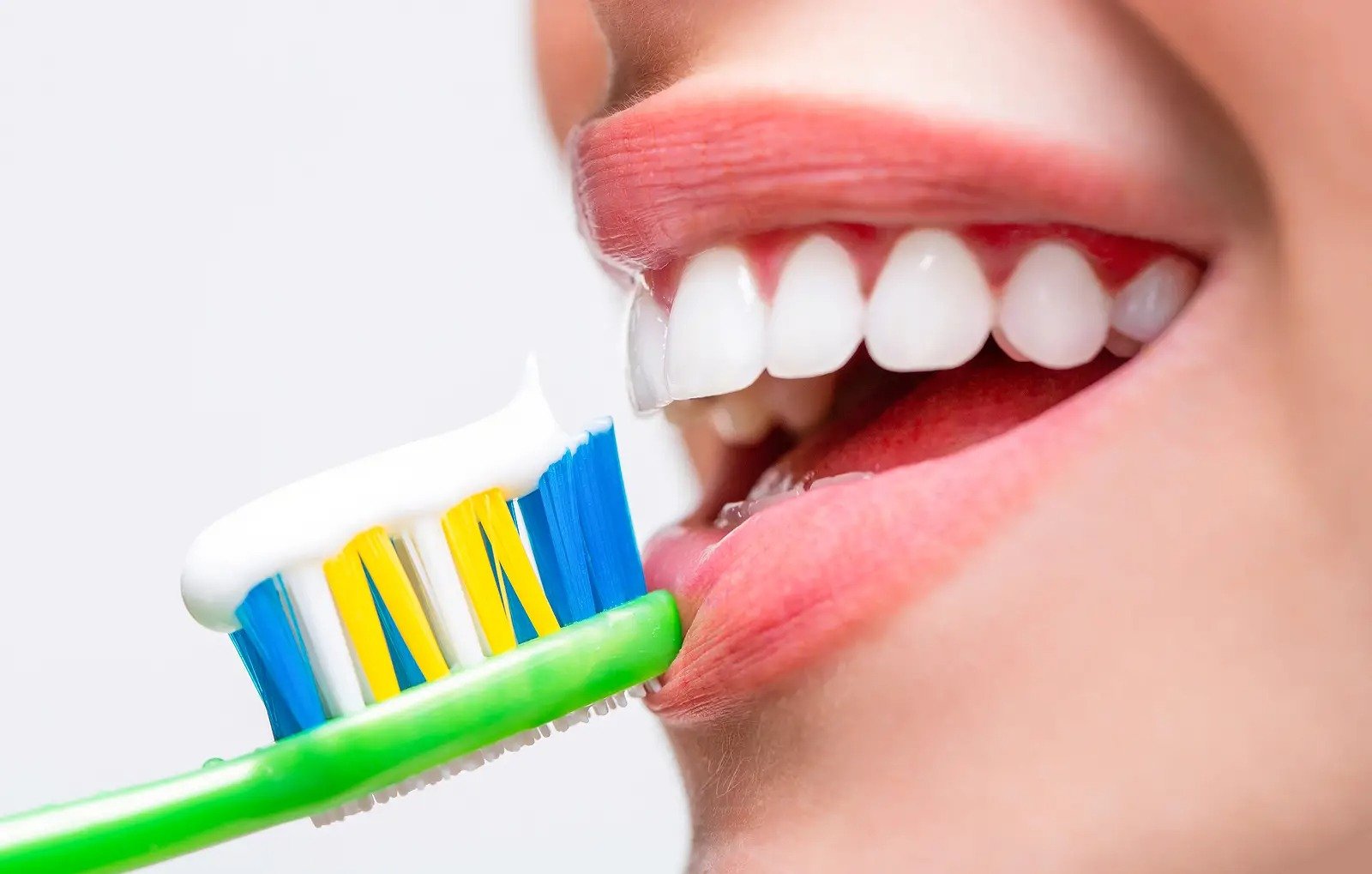
How to properly use conventional string floss to clean your teeth:
Explaining how to properly floss your teeth, I’m assuming you already know why it’s important. However, if you’re curious to find out more, I’ve included a link to my video explaining the benefits of flossing in the bottom bar below. For the purposes of this video, though, let’s get started.

